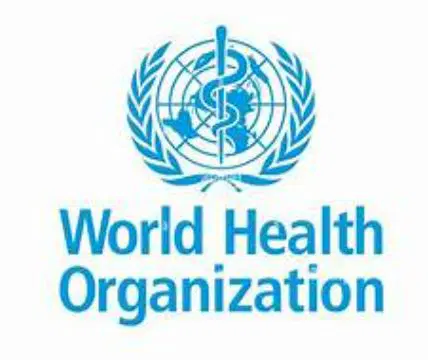As the world marks World Antimicrobial Resistance (AMR) Awareness Week 2025, the World Health Organisation (WHO) has issued a stark warning about the rapidly escalating danger of drug-resistant infections—describing AMR as a silent crisis reversing decades of medical gains.

WHO Representative to Nigeria, Dr. Pavel Ursu, called AMR “a fast-evolving, multidimensional health threat” and stressed that it is no longer a future concern but a present global emergency, hitting low- and middle-income countries the hardest.
Recent global data reveals the scale of the crisis:
-
4.71 million deaths were associated with AMR in 2021.
-
1.14 million of those deaths were directly caused by resistant infections.
-
Sub-Saharan Africa alone recorded 250,000 direct deaths, exposing severe health system vulnerabilities.

Ursu noted that drug-resistant infections are rising faster than the world’s response, citing weak infection prevention, poor hygiene, limited access to diagnostics, and inadequate financing as key drivers. He warned that AMR threatens critical medical services—surgeries, cancer treatment, and organ transplants—while undermining progress in maternal and child health.
Economically, the consequences are equally severe. Without decisive action, AMR could drain US$1 trillion every year, with 178 million healthy life years already lost globally.
Nigeria Faces Heavy Burden
Nigeria remains one of the countries most affected by AMR. Since 1990, the country has recorded more than 60,000 annual deaths linked to antimicrobial resistance. In 2021 alone:
-
50,500 deaths were directly caused by drug-resistant infections
-
227,000 deaths were associated with AMR
Children under five carried the heaviest burden.
“These figures highlight the urgent need for nationwide action,” Ursu said, urging the integration of AMR prevention and control into primary healthcare, food security planning, climate resilience strategies, and broader national health priorities.
Call for Cross-Sector Collaboration
This year’s AMR Awareness Week theme calls for bold, united, and sustained action across all sectors. Ursu urged governments, civil society, health professionals, veterinarians, farmers, and environmental agencies to transform political commitments made at the 2024 UN High-Level Meeting on AMR into practical, measurable solutions.
With Nigeria scheduled to host the 5th Global High-Level Ministerial Conference on AMR in Abuja in June 2026, the country is positioned to play a central role in shaping global AMR policy.

Ursu listed key priority areas requiring immediate investment:
-
Strengthening AMR and One Health surveillance
-
Expanding national laboratory capacity
-
Ensuring equitable access to quality medicines and diagnostics
-
Advancing research, vaccines, and innovative treatment options
-
Building resilient health systems with sustainable domestic financing
He emphasized that solutions already exist—and every sector holds part of the answer. Whether through hospital stewardship programmes or responsible farming practices, he stressed that “every action counts.”
“Together, we can preserve the power of antimicrobials and secure a healthier, more sustainable future for generations to come,” he said.

MATCHING CATEGORIES (4)
Health
Headlines
Science
News



